After recently reading George Orwell’s Animal Farm for the first time, I was immediately struck by this classic novel’s relevancy in our modern society. Although it was first published in 1945, this story is brimming with timeless lessons and warnings that are still applicable today. In the midst of this tumultuous campaign season in the United States, I thought it would be fitting to focus on an important message delivered in Animal Farm: You don’t want a pig for president.
For those of you who haven’t read Animal Farm before, let me give you a quick run down. Essentially, this is a work of satire that tells the story of farm animals rebelling against humans and creating their own revolution. Orwell criticizes the Russian Revolution, Joseph Stalin, and Communism in general by showing the ludicrousness of “Animalism,” the ideology that the animals in the story develop. There are seven commandments of Animalism, which the pigs gradually change as they take over the farm. As society on the farm crumbles and the pigs become more and more like the humans they had desperately fought against, the reader is faced with the disturbing reality that some revolutions lead right back where they started.
It quickly becomes clear that the pigs are the root of the problem in this novel. Not only are they power-hungry, but they are also deceptive, conniving, and hopelessly hypocritical. In other words, there are plenty of reasons why you wouldn’t want a pig for president.
First, they have an unquenchable thirst for power. Take Napoleon the pig, for instance. Even though he has an authoritative position on the farm, the fact that he must share his leadership role with another pig is too big a blow to his ego. He ultimately resorts to shunning the other powerful pig from the farm, spreading rumors about him and convincing the other animals that he never had the best interests of the farm at heart. Would you really want a president with such an insatiable desire for more and more authority over the nation’s citizens?
Second, they support social hierarchies based on arbitrary factors. The pigs immediately assign jobs and roles to the animals, supposedly based on their actual intelligence levels and abilities. However, the only criteria the pigs really consider is what species of animal they are: sheep are dumb, pigs are smart, etc. Pigs automatically put themselves at the top, which means that they have access to the most (and best) food, supplies, resources, and luxury items. A goal of making the rich even wealthier certainly seems like the opposite of what one would want in a president.
Third, they are unpredictable. The pigs always change the rules, adapting the seven commandments of Animalism to fit their new ideals whenever the mood strikes. For example, at the very end of the book they change the last commandment from “All animals are equal” to “All animals are equal but some animals are more equal than others.” Considering that our modern culture seems to operate more under the revised commandment than the original, we certainly don’t need a pig exacerbating the issue.
Lastly, they ultimately become what they swore to oppose. Arguably the most disturbing part in Animal Farm is when the pigs begin to walk on two legs. Such an image conveys an extreme act of betrayal, hypocrisy, and transformation. In fact, the pigs adopt so many customs of humans (wearing clothes, sleeping in beds, doing business with people, etc.) that the other animals can no longer tell the two different creatures apart. Take a moment to imagine what a candidate says he or she will not become, and then put the embodiment of that very ideal in the White House. Scary, huh?
All in all, a pig sounds like a pretty terrible thing to be, regardless of whether or not you’re running for political office. This campaign season, be on the lookout for those undesirable porky qualities in the candidates before you vote. Let Animal Farm be a warning that not every rebellion leads to a revolution.


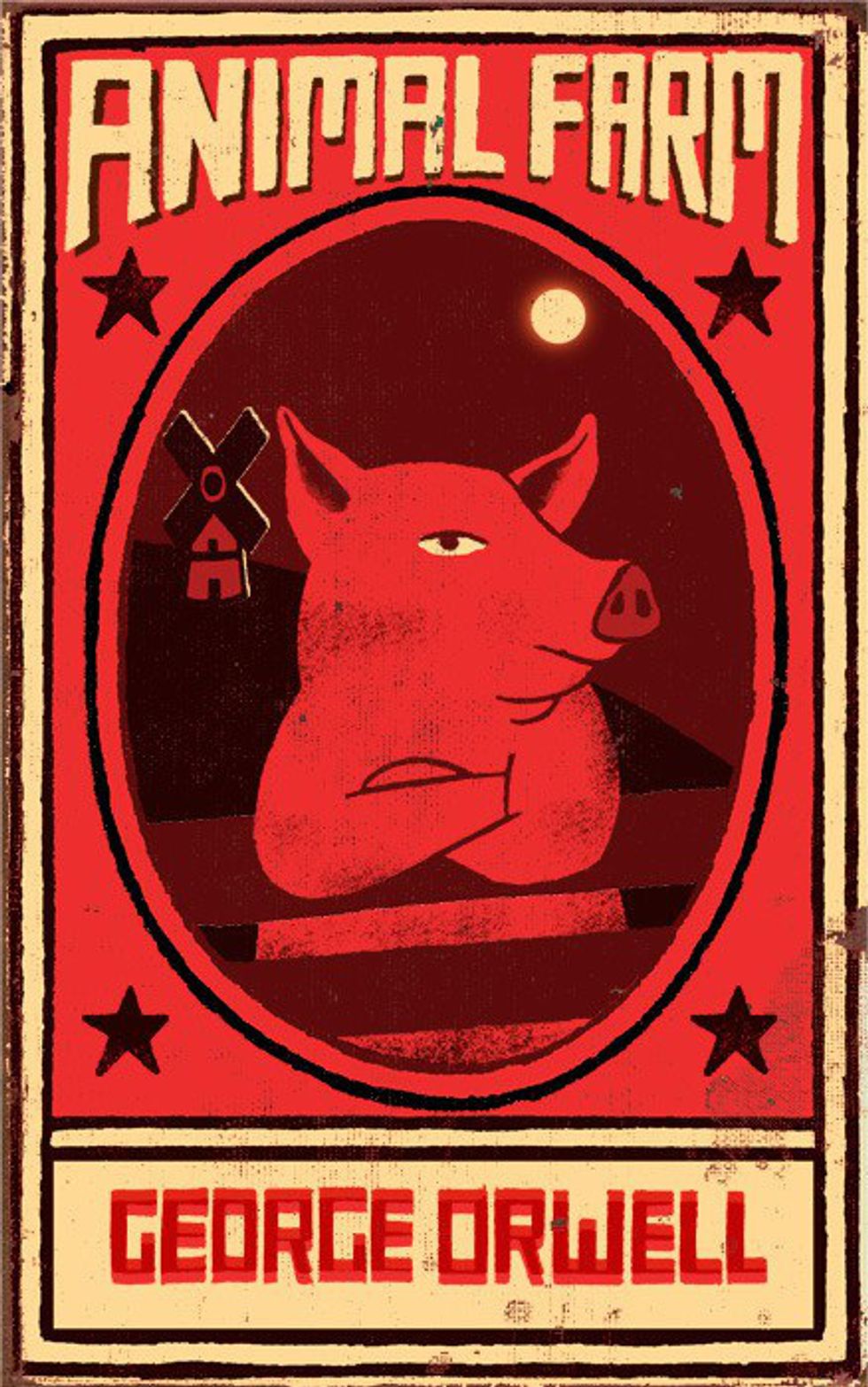
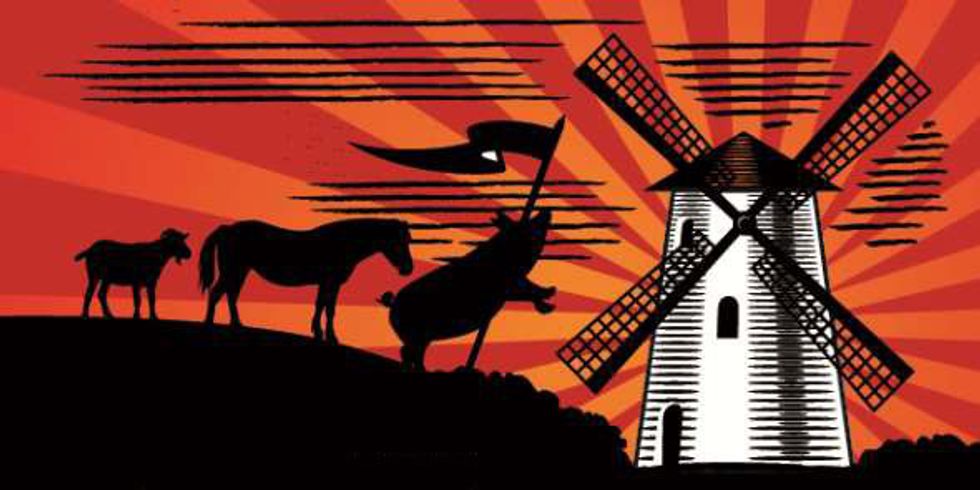
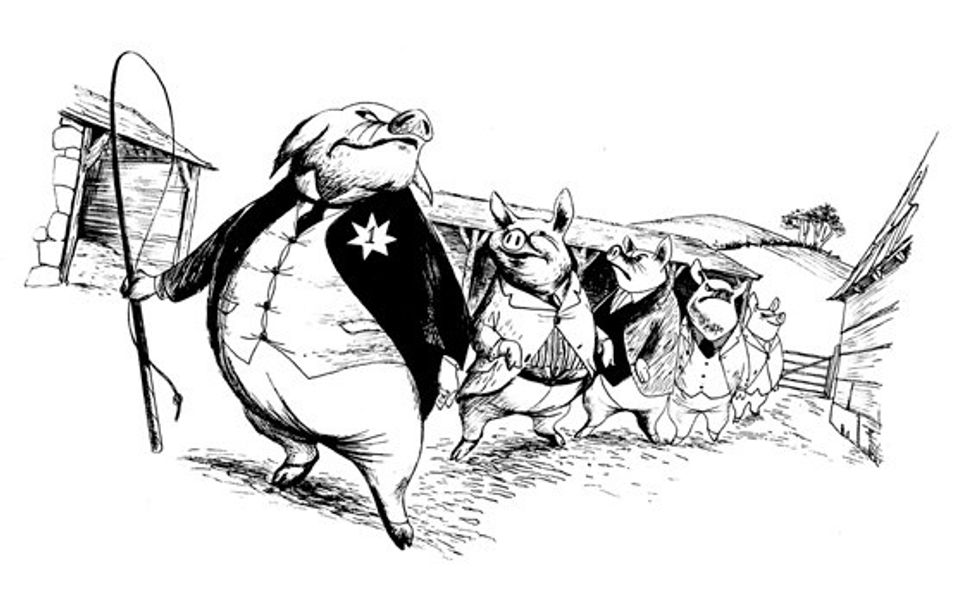
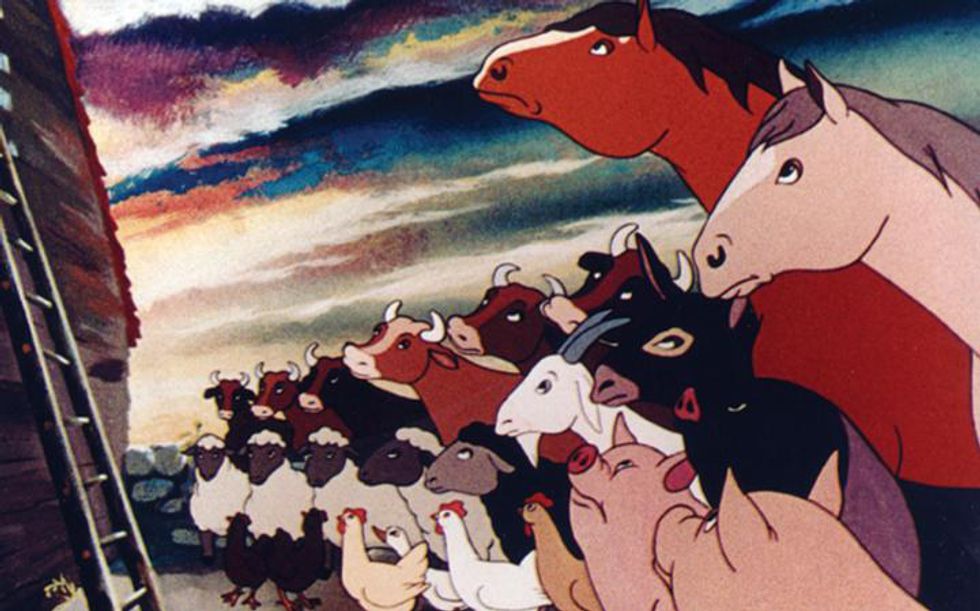
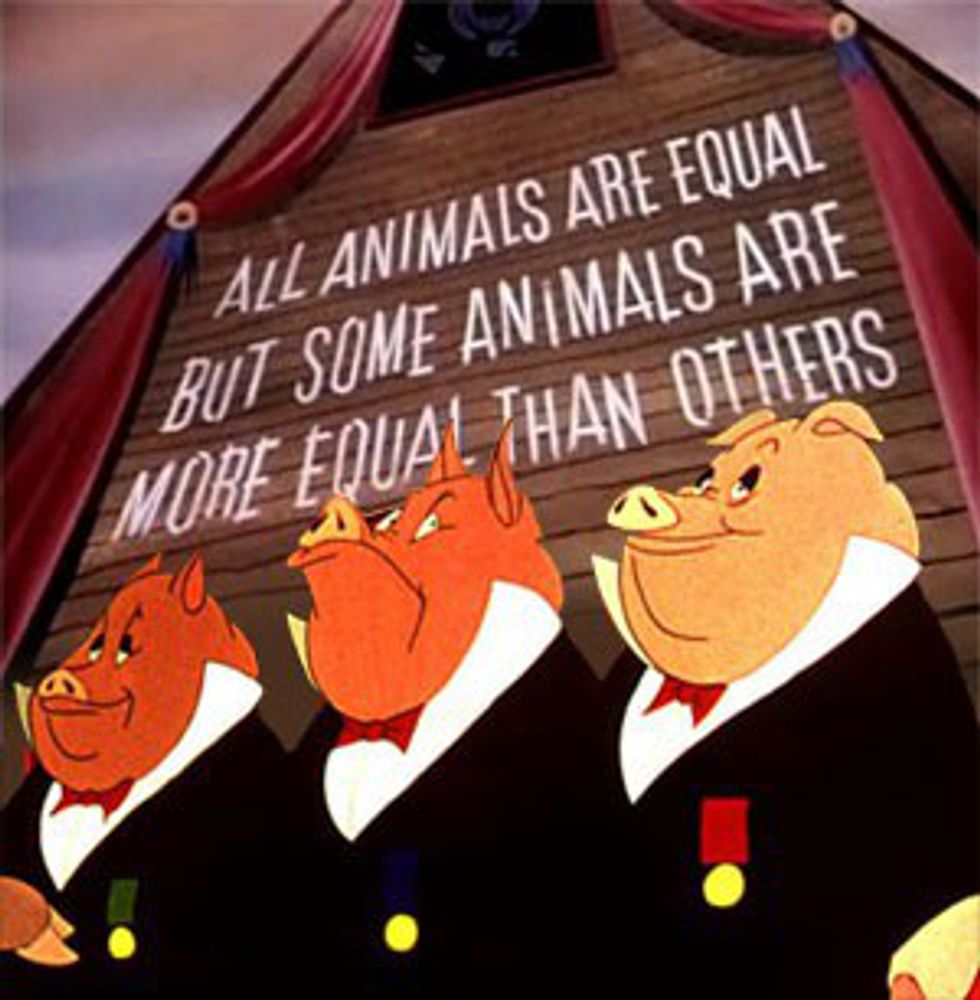

 StableDiffusion
StableDiffusion StableDiffusion
StableDiffusion StableDiffusion
StableDiffusion Photo by
Photo by  Photo by
Photo by  Photo by
Photo by 
 Photo by
Photo by  Photo by
Photo by  Photo by
Photo by  Photo by
Photo by  Photo by
Photo by 












